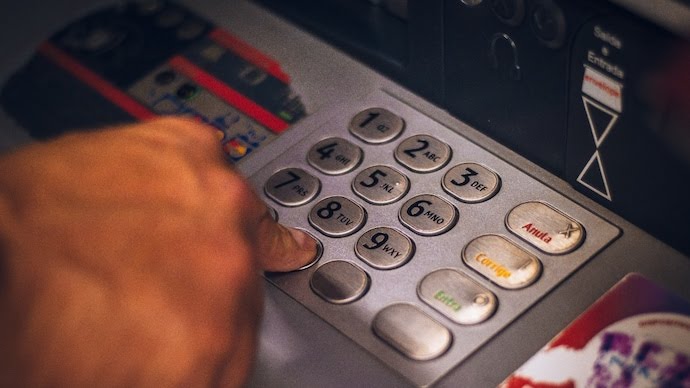ATM operators in the country are pushing for a hike in the interchange fee on cash withdrawals and have appealed to the Reserve Bank of India (RBI) and the National Payments Corporation of India (NPCI) to support their request, The Economic Times reported.
The Confederation of ATM Industry (CATMI) is advocating for an increase in the interchange fee to a maximum of Rs 23 per transaction to secure more funding for the business.
Stanley Johnson, Executive Director of AGS Transact Technologies was quoted as saying in the ET report that the interchange rate was last increased two years ago.
“We have been reaching out to the RBI, and it seems they are supportive of our request. CATMI has proposed raising the fee to Rs 21, while some other ATM manufacturers have suggested Rs 23,” he said.
“The previous hike took several years, but it seems like everyone is aligned now, and it’s only a matter of time before the fee increase is approved,” Johnson added.
In 2021, the interchange fee on ATM transactions was raised from Rs 15 to Rs 17.
What is interchange fee on ATM transactions?
This fee is the charge paid by the bank issuing the card (issuer) to the bank where the card is used to withdraw cash (acquirer). Additionally, the cap on the fee that can be charged to customers was increased from Rs 20 to Rs 21 per transaction.
Another ATM manufacturer quoted in the ET report said there has been “significant lobbying for increasing the interchange rate”.
“A representation has been sent through NPCI, and banks have also agreed to a rate hike,” the person added.
Currently, in six major cities — Bengaluru, Chennai, Hyderabad, Kolkata, Mumbai, and New Delhi — banks offer their savings account holders a minimum of five free transactions per month.
At ATMs of other banks, three transactions per month are free.



